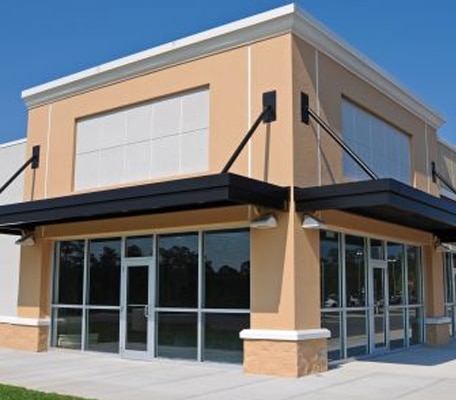


Delaware Statutory Trust “DST”
“A 1031 Exchange Replacement Property Alternative”
What is a “DST”?
A Delaware Statutory Trust “DST” is a potential solution to individuals looking to complete an IRS § 1031 exchange who may not have the time, energy, desire or real estate experience to find and or manage replacement property.
A “DST” is a professionally managed real estate portfolio in the form of a business trust that qualifies as a “Like Kind Exchange” which allows someone selling investment real estate to complete an IRS § 1031 Exchange into an existing real estate portfolio.
Investors in a DST own an undivided interest in the assets held by the trust. The trustee holds title to the assets for the benefit of the trust interest owners. Investors in DST’s must qualify as Accredited Investors.
Situations where “DST’s” can be an optimal solution:
Examples of DST’s
DST Advantages
DST Disadvantages
Not an offer to buy, nor a solicitation to sell securities. All investing involves risk. Past performance is not indicative of future results. Speak to your finance and/or tax professional prior to investing. Any information provided on this site has been prepared from sources believed to be reliable, but is not guaranteed by Tangible Wealth Solutions or Colorado Financial Corporation and is not a complete summary or statement of all available data necessary for making an investment decision. Any information provided is for informational purposes only and does not constitute a recommendation.
Securities offered through Emerson Equity LLC Member: FINRA/SIPC. Only available in states where Emerson Equity LLC is registered. Emerson Equity LLC is not affiliated with any other entities identified in this communication.
